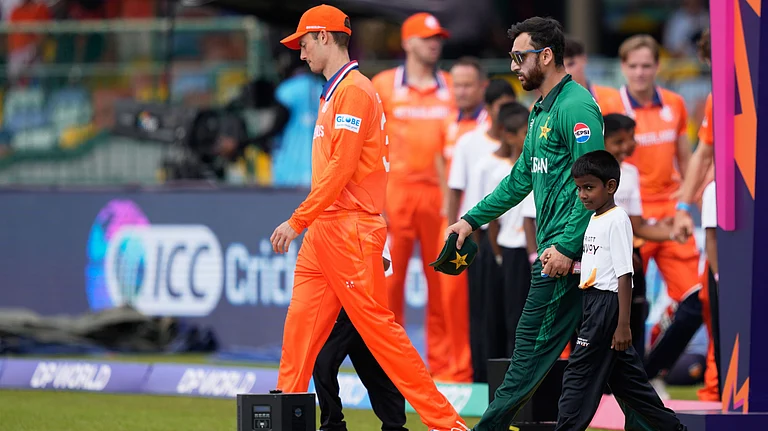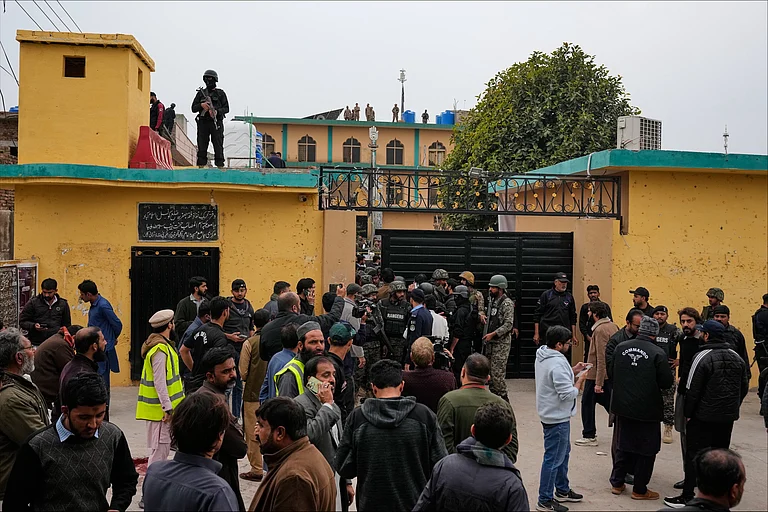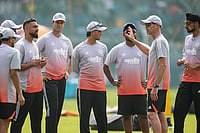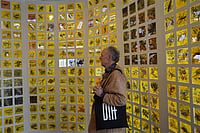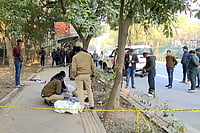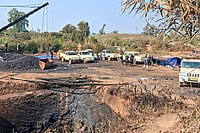I quote Chatterjee’s lines because he constantly harps on the trouble he has taken to get his facts right. It so happens that I met Mother Teresa not after she got the Nobel prize in 1979 but almost 20 years earlier and published the article I had done for NYT in the Illustrated Weekly and put her picture on the cover. Till then Mother Teresa was little known outside Calcutta. So much for Chatterjee’s claim that his is "a work of hard facts". His claim is supported by one Joe Winter, an Englishman about the metropolis claiming to be a scholar of English and Bengali literature. In his preface, he lauds Chatterjee’s "illuminating analysis.... Here are the hard facts behind the phenomenon. What did Mother Teresa really achieve?" I have good reason to be sceptical about the facts and figures Chatterjee adduces in his diatribe against Mother Teresa.
Why did he do it? By his own admission, Mother Teresa refused to grant him an interview or answer any of his questions. He snooped around institutions run by her Missionaries of Charity armed with his camera and notebook. He met the same fate trying to interview celebs who came to call on the Mother and organisations which sent her money: none of them took him seriously and refused to acknowledge his lengthy questionnaires. Chatterjee has tried to get even by trashing them along with Mother Teresa by publishing this, in all likelihood at his own expense. Although Mother has been dead almost six years, Chatterjee has not given up: he continues to vilify her to prevent the Catholic church from recognising her as a saint. His book is a suitable companion to an earlier work of vilification, Missionary Position. It was their only hope of getting noticed and perhaps making some money. One can only pray "Mother, forgive them for they know not what they did."
I go along with Chatterjee on two points. Mother’s views on artificial contraception and crusade against abortion made little sense in a country where the population has crossed permissible limits. But people like Gandhiji also preached celibacy and opposed abortion. They were wrong but they were not evil people. Chatterjee is also right in holding that Teresa’s admirers, chiefly journalists and film-makers, vastly exaggerated the poverty and squalor of Calcutta in order to glorify her image as the saint of the gutters. Calcutta is a vibrant city, but it’s hardly fair to accuse Mother Teresa for portraying the city as a hell-hole the like of which does not exist in the world.
For the rest, Chatterjee’s ‘facts’ are no more than garbage. He starts off with a long list of catastrophes like floods and earthquakes and asks where Mother’s missionaries were when they were needed. According to him, Hindu organisations like the Ramakrishna Mission did more work than her. Mother Teresa was always on self-promoting foreign trips, he adds. He goes to great lengths to prove she was busy trying to wangle the Nobel Peace Prize. There is no truth whatsoever in the allegation. The Nobel peace prize has been awarded to many people, including war-mongers like George Marshal, Robert McNamara and mischief-makers like Henry Kissinger and denied to a man of peace like Mahatma Gandhi. Similarly, the prize for literature has been given to many second-rate poets, novelists and plagiarists. Some like Jean Paul Sartre turned it down. The Nobel is not the ultimate in recognition of human worth. The prize did not honour Mother Teresa as much as she honoured it by accepting it. In his enthusiasm to belittle Mother, Chatterjee has hit below the belt her main promoter, Malcolm Muggeridge, film-maker and author of Something Beautiful for God. He calls Muggeridge a philanderer who cheated on his wife, had a torrid affair with Amrita Shergil and impregnated a friend’s wife. He has not spared Navin Chawla either.
Chatterjee holds that neither Mother nor the Missionaries of Charity count for much in Calcutta. Their institutions are badly run, they use ambulances donated to them as taxis to take nuns around. He holds that few poor and destitute people know anything about her or her organisation. She was given a state funeral but there were very few beggars or slum-dwellers to pay her homage. By contrast when Gurudev Tagore died millions turned out to join his funeral procession. He mattered to the Bengalis, Mother Teresa did not.
Reading Chatterjee’s final verdict on Mother Teresa will leave a very bad taste in the mouth. He should know that if anyone spits at the sky, it’s his face that gets spat down upon.







